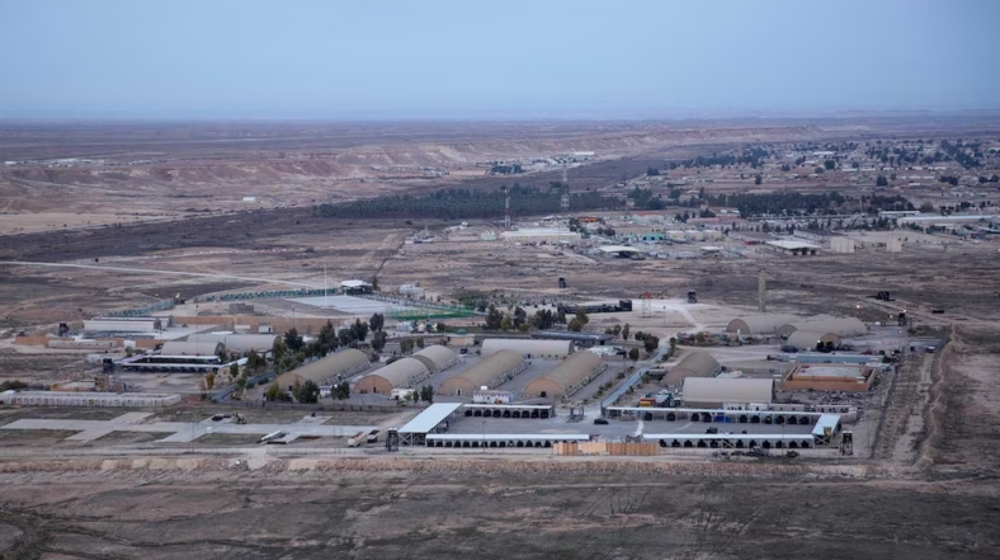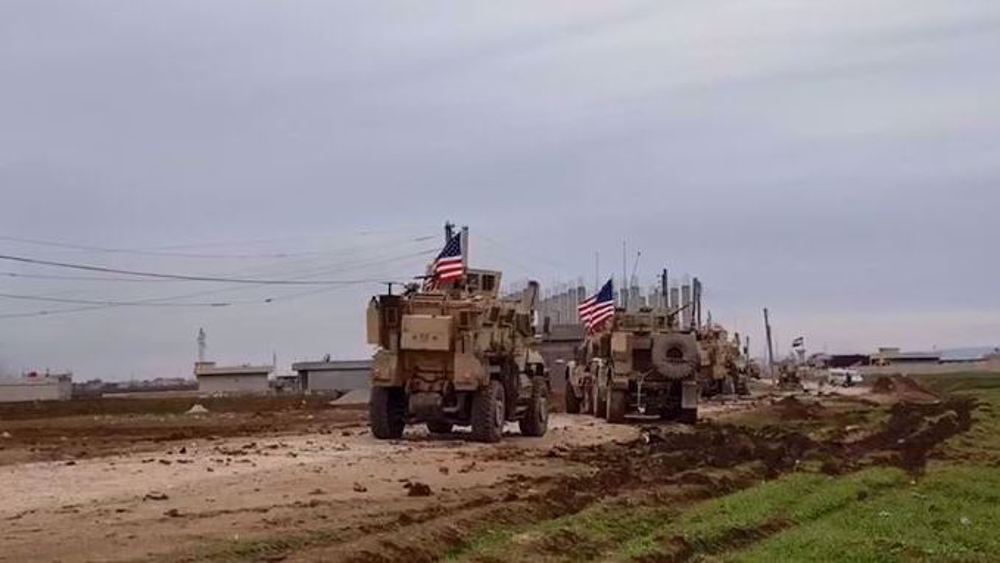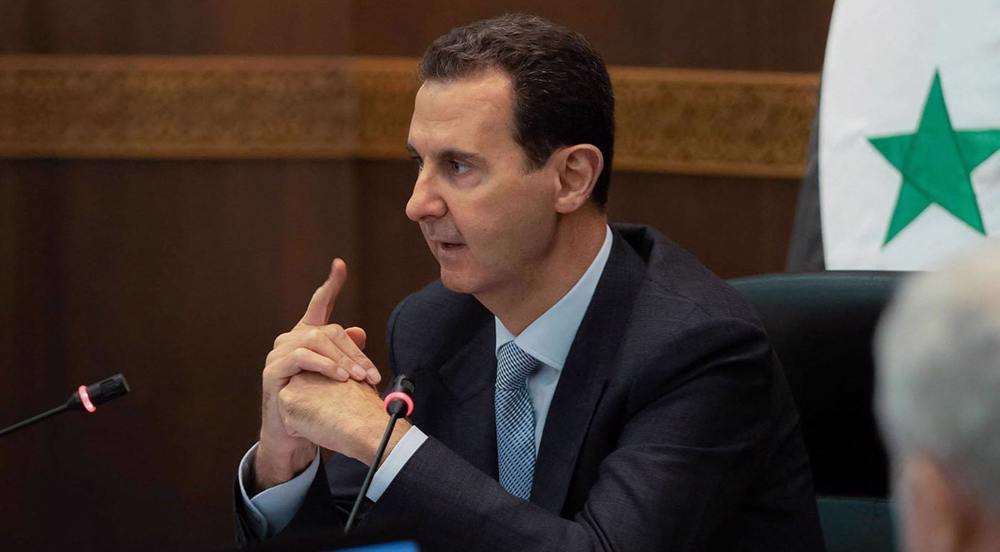Syria de-escalation zones deal takes effect: Russia Defense Ministry
An agreement to create four "de-escalation zones" aimed at ending the conflict in war-torn Syria has come into force in the Arab country, the Russian Defense Ministry says.
The agreement on creating four de-escalation zones in four areas in northern, central and southern Syria, where the most intense fighting is underway between the Syrian government and different militant groups, took effect at the stroke of midnight local time on Saturday (2100 GMT on Friday).
The enforcement of the deal came a day after Iran, Russia and Turkey signed the agreement during the fourth round of the Syria peace talks in the Kazakh capital Astana, and two days after Moscow put forward the proposal.
Read more:
- Iran, Russia, Turkey agree on Syria safe zones
- Syria safe zones closed to US-led jets: Russia
- Syria fully supports Russian safe zones initiative: Foreign Ministry
- Syria opposition leaves peace talks in Astana
- Astana hosts 4th round of Syria peace talks
The four safe regions are situated across eight of Syria's 14 provinces. The first zone includes the northwestern province of Idlib, the western province of Latakia, the western-central province of Hama, and the northern province of Aleppo.
The second zone covers the northern parts of the central Homs province. The third zone encompasses the Eastern Ghouta district near the capital Damascus, while the fourth zone includes southern Syria, particularly Dara'a and Quneitra provinces.
The four zones are only safe for the so-called armed opposition factions and exclude the Takfiri terrorist groups of Daesh and the Jabhat Fateh al-Sham, formerly known as al-Nusra Front.

'Safe zones to end Syria war'
Meanwhile, Russian Deputy Defense Minister Lt. Gen. Alexander Fomin expressed optimism that the de-escalation zones in Syria would end the years-long war in the Arab country.
"The implementation of the memorandum will allow for stopping the combat activities by warring sides and practically put an end to the civil war in Syria, which is why the document is of great importance for the political settlement in the country," Fomin said on Friday.
He added that all "main players concerned," namely "the United Nations, the US administration, the Saudi Arabian leadership and other authorities," supported the de-escalation agreement, a move that could be a "certain guarantee" for the implementation of the deal.
Meanwhile, Colonel General Sergei Rudskoi, the head of the Russian General Staff's Main Operations Department, said Moscow had already stopped using its air force in the four zones since May 1.
According to the deal, the three guarantor states -- Iran, Russia and Turkey -- have a month to define the exact borders of the de-escalation zones.
Rudskoi also said at a press conference on Friday that the zones would improve the position of Syrian army troops, adding, "The Russian Air Force will continue supporting them in their operations aimed at eliminating."
Syria has been grappling with militancy since March 2011. UN Special Envoy for Syria Staffan de Mistura estimated last August that more than 400,000 people had been killed in the conflict until then.
Lavrov, Tillerson discuss Syria on the phone
Meanwhile, Russian Foreign Minister Sergei Lavrov talked with US Secretary of State Rex Tillerson on the phone on Friday to discuss Syria.
The two discussed how to stabilize a ceasefire that has been in place in Syria since late last year. That ceasefire was also facilitated by Russia, Iran, and Turkey.
The US State Department also said in a press release after the phone conversation that the US would like to see United Nations-brokered talks in Geneva to move forward. Those talks had been stalled for almost a year when the negotiations in Astana began.
“The Secretary looks forward to further meetings with the Foreign Minister [Lavrov] to discuss the respective roles of the United States and Russia in de-escalating the conflict and supporting the talks in Geneva to move the political solution forward,” read the press release by the US State Department.
The Astana talks have been organized by Russia, Iran, and Turkey.
VIDEO | Yemenis endorse naval forces' attacks on Israeli-linked ships
VIDEO | New national transport strike hits Italy
US to pull out troops from Chad in second African state withdrawal
Yemeni armed forces strike British oil tanker in Red Sea
VIDEO | Genocide in Gaza
VIDEO | Press TV's news headlines
VIDEO | American, Israeli rabbis call for ceasefire during protest near Gaza
Iran calls for enhanced defense cooperation with Russia










 This makes it easy to access the Press TV website
This makes it easy to access the Press TV website